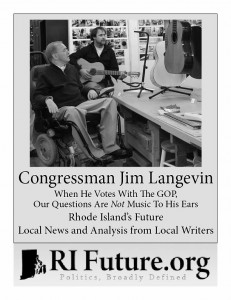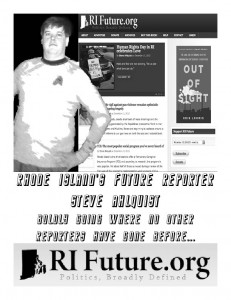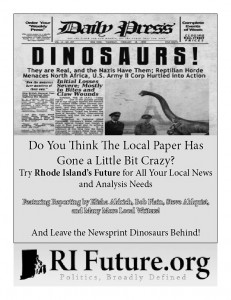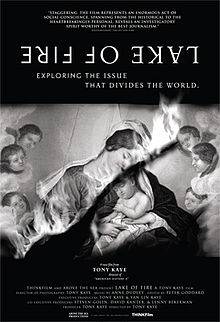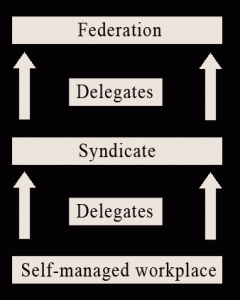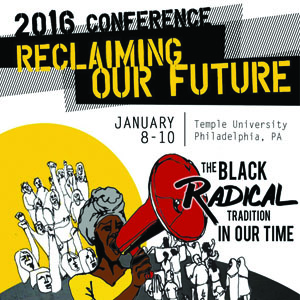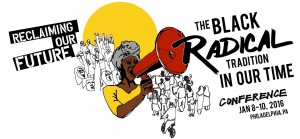There are some exciting times coming up in the next few months for Rhode Island’s Future that are going to blow the socks off our regular readers and hopefully bring in a bunch of new ones. And you can play a major part in this by joining our new Street Team to promote our efforts!
If you or someone you know is interested in helping us grow, send them to our special FaceBook event page where they can sign up to help out. There they can contact us and we will get the appropriate materials to them.

